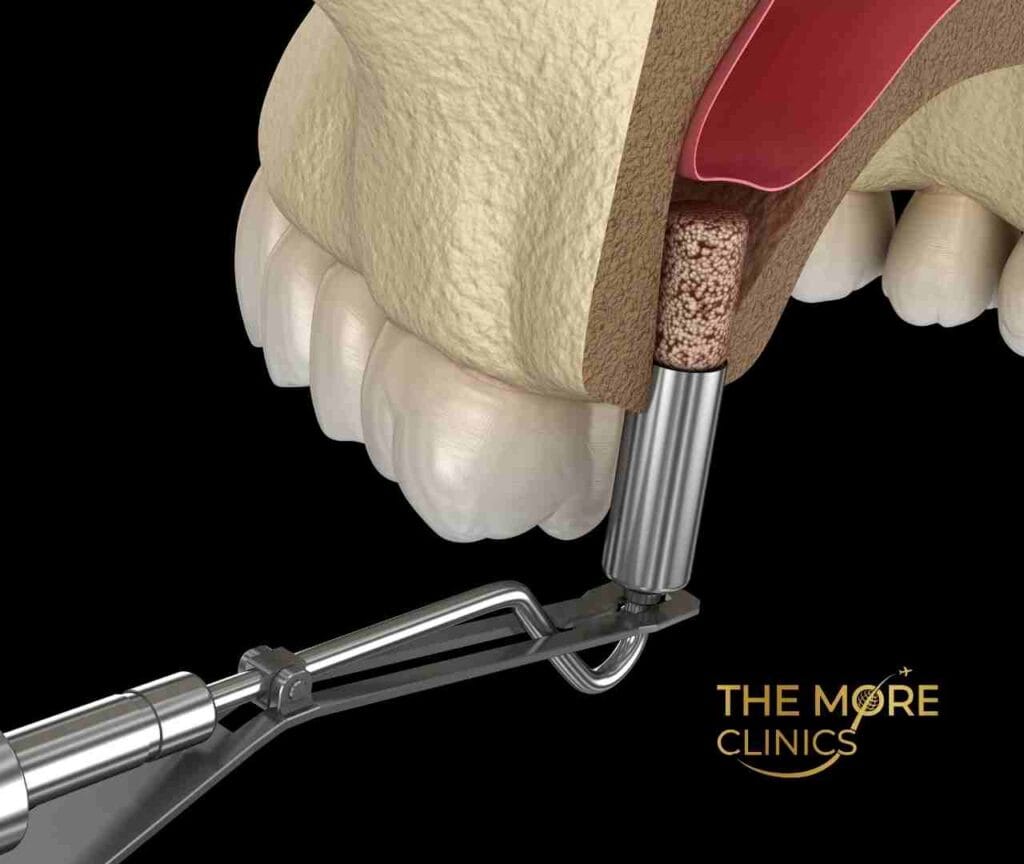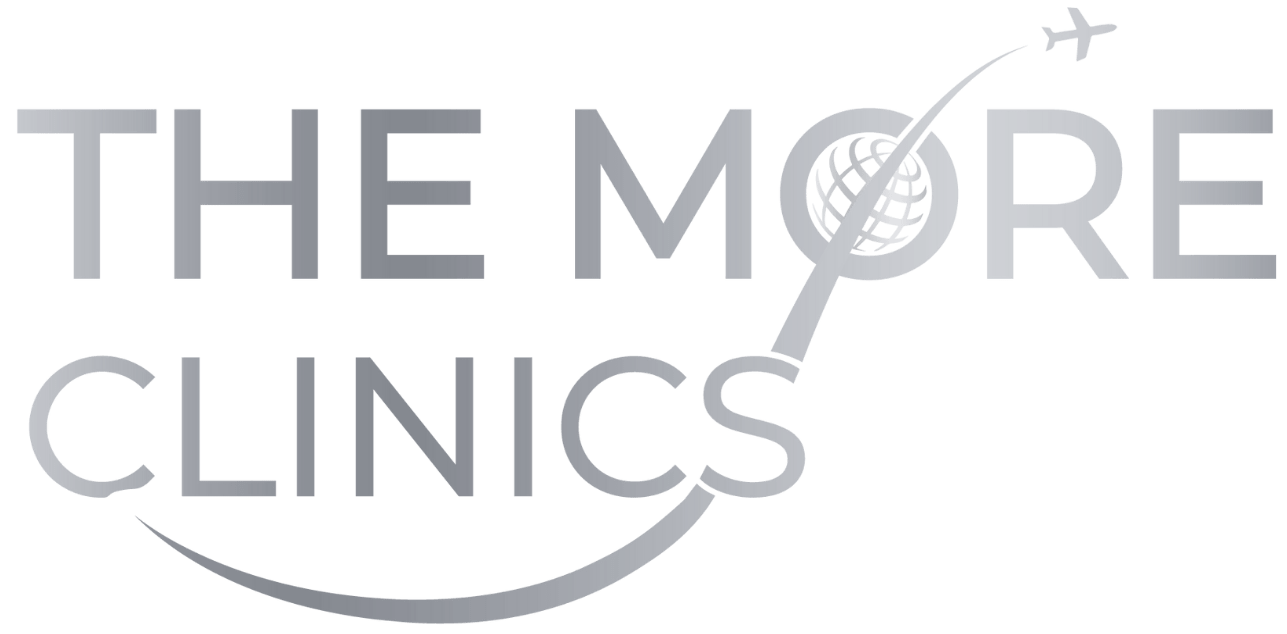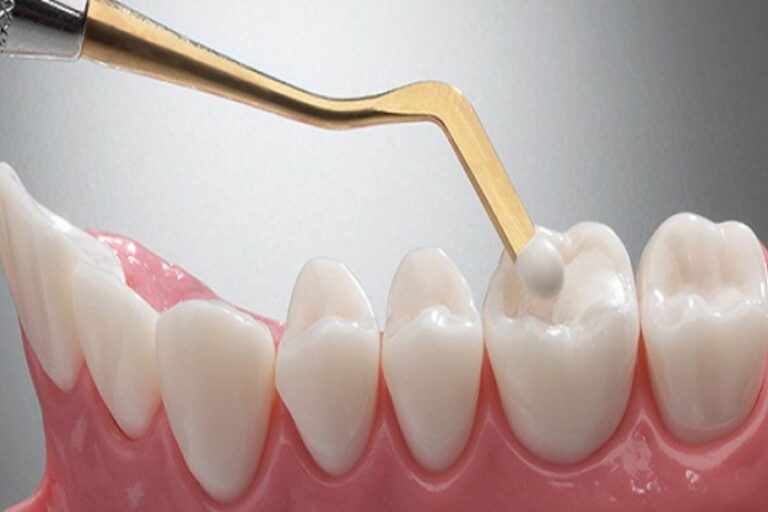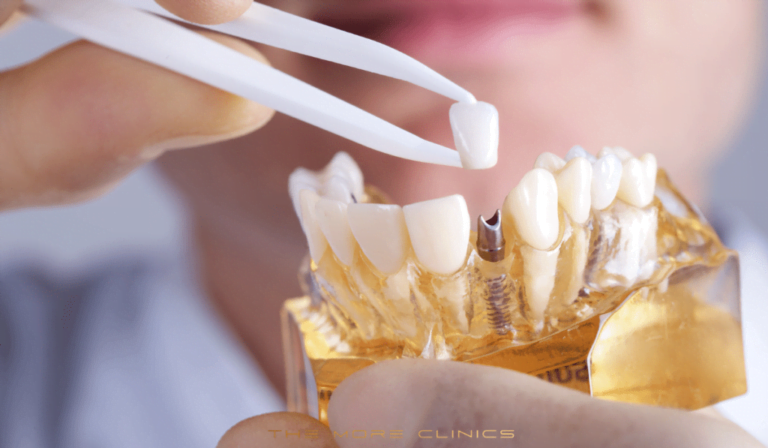Sinus Lift Surgery
Sinus lift surgery, also known as sinus augmentation, is a lesser-known dental procedure that has become increasingly prevalent in the last few years. But what exactly is a sinus lift, and why would you ever need one? This comprehensive guide is here to answer all questions about sinus lift procedure for you.
What Is a Sinus Lift Surgery?
A sinus lift is a surgical procedure used to increase the amount of bone in the upper jaw by augmenting the sinus cavity located above the molars and premolars. The bone inside the maxillary sinus is lifted to create space for a bone graft. This graft, once healed, will provide a strong foundation for dental implant placement.
Why is this necessary? When teeth are lost in the posterior upper jaw, the remaining bone often lacks the height or width to support dental implants. With a sinus augmentation, a dentist can ensure there is sufficient bone to anchor the implants securely in place.

Sinus Lift and Implant: Who Needs Sinus Augmentation?
Not everyone who needs a dental implant in the upper jaw requires a sinus lift. It is a specialized procedure usually reserved for individuals who have:
- Significant bone loss in the back part of the upper jaw
- A thin or perforated sinus membrane
- A congenitally missing upper back teeth, leading to insufficient jawbone development
This is typically determined through an initial evaluation by a dentist, which may include x-rays or CT scans to assess the quality and quantity of existing bone in the jaw.
In certain scenarios, placing an implant for upper molars or premolars might prove challenging, even with a sinus lift procedure. In these cases, alternative options such as a zygomatic implant may be recommended.
How Is the Sinus Lift Procedure Performed?
Before the procedure, the patient is usually given local or general anesthesia to prevent pain and discomfort. The surgeon accesses the sinus from inside your mouth, carefully lifting the sinus and adding graft material (either from your own body, a donor, or synthetic materials) directly above the bony ridge of your upper jaw. The surgeon will then close the incision site and allow healing.
The healing process, which can take several months, allows the grafted material to become part of your existing bone. Once healing is complete, the additional bone becomes strong enough to support dental implants.
Recovery After Surgery
After the sinus augmentation, you can expect to experience swelling, bleeding, and some discomfort. To help you recover, the surgeon may prescribe pain medication or antibiotics. It is important to follow post-operative care instructions closely to ensure proper healing. This can involve:
- Avoiding blowing your nose or playing wind instruments for two weeks
- Not smoking for at least two weeks after the surgery
- Using saline sprays to keep your nasal passages moist and clean
For detailed information about what to do after sinus lift surgery you may read Dental Implant Recovery Guide.
Risks and Complications
Undergoing a sinus lift is generally considered safe when performed by an experienced dentist. However, as with any surgical procedure, there are some risks, including:
- Risk of infection
- Perforation of the sinus membrane
- Pain or swelling around your nose, eyes, or forehead
- The body rejecting the graft material, although this is rare
To minimize the risks, it is crucial to select a dental professional who is skilled in the sinus lift procedure and follow all pre-and post-operative instructions.
Sinus Lift Cost
The sinus lift cost can vary based on various factors, including your location, the complexity of the procedure, and the materials used for the graft. Since sinus lifts are often performed in combination with dental implants, the overall cost can be substantial.
The average sinus lift cost in the Usa is $2,400-$4,500 per sinus. This does not include the cost of dental implants or other additional procedures that may be necessary.
The average sinus lift cost in the UK is £1,500 -£3,000 per sinus. Again, this does not include the cost of dental implants or other necessary procedures.
The average sinus lift cost in Turkey is around $500 per sinus, making it a more affordable option for those seeking dental treatment.
Questions to Ask Your Dentist
If you’re considering a sinus lift procedure, it is important to be well-informed and to discuss the procedure with your dentist. Here are a few questions you may want to ask:
- What type of procedure do you recommend, and why?
- What are the risks and potential complications?
- Will I be put under general anesthesia or local anesthesia for the surgery?
- What will happen if the graft fails to integrate with my bone?
- Can I speak with previous patients who have undergone sinus augmentation with you?
Last Words from the More Clinics
Understanding the ins and outs of sinus lifting surgery is crucial if you’ve been advised to consider it as a treatment option for dental implants. Trusting your oral health to a skilled dental professional and following proper pre- and post-operative care can help ensure a successful outcome.
At The More Clinics, our team of experienced dental professionals is committed to providing you with the best and most comprehensive care possible. With state-of-the-art technology and personalized treatment plans, we can help restore your smile and confidence. Contact us today to learn more or schedule a Free consultation.






